In terms of time, if not ferocity and destruction, the on-going conflict in Afghanistan has outstripped Vietnam. Both nations suffered decades-long superpower interventions. But while Vietnam troubled the world’s conscience, people simply forgot Afghanistan. And while Vietnam hit the road to stability and progress once the US forces left, the Afghans, even after the Soviet quit, have continued to fight each other. A long tradition of fighting has sustained this fratricidal war, with no end in sight. In the process, progress of any kind has been halted. Families starve because women, their menfolk dead, cannot work. They are prevented from leaving home unescorted. The fear of death, as a recent UNICEF study indicates, has seeped deep into children. Dubbed a civil war, the conflict is fought with rockets, guns and even aircraft. Territorial gains and losses, at time momentary, are marked not so much by the outcome of any battle but by deceit and the use of money power. The money is being acquired from dubious sources and from the sale of drugs, to buy guns to keep up the fa?ade of ‘jehad’. The lands from where this money comes are the same from where one hears. Sermons against terrorism and narcotics. It is a strange mix of poppy, popcorn and pipeline projects. The study seeks to define what are India’s security interests in a neighbour that has been distanced by a hostile Pakistan. It also probes factors that have affected the conflict—Pakistan, Iran, the US, Central Asia and Europe, and perhaps the most important, the pipeline politics for the oil and gas coming from Central Asia".
Afghan Turmoil: Changing Equations
In stock
Free & Quick Delivery Worldwide
reviews
Bibliographic information
Title
Afghan Turmoil: Changing Equations
Author
Edition
1st ed.
Publisher
ISBN
8170020700
Length
222p., Illustrations; Maps; 23cm
Subjects

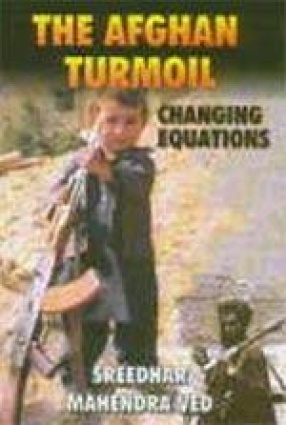
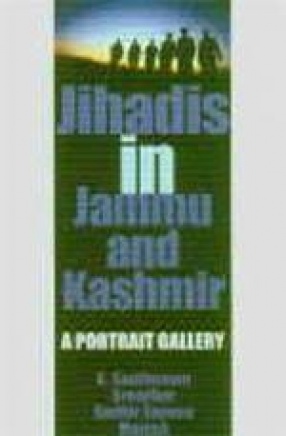
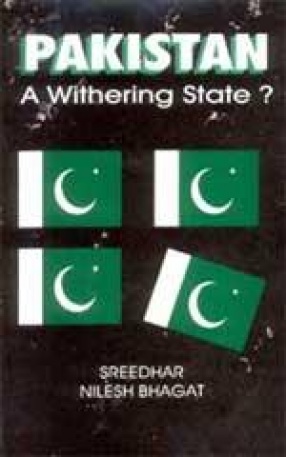
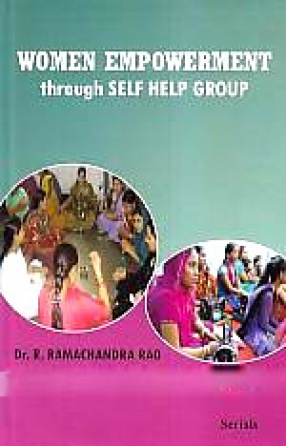
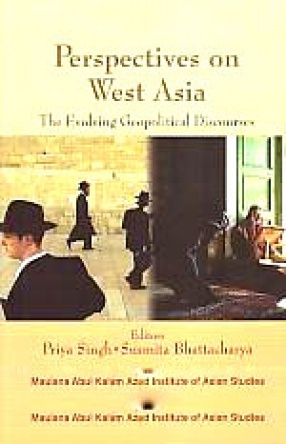
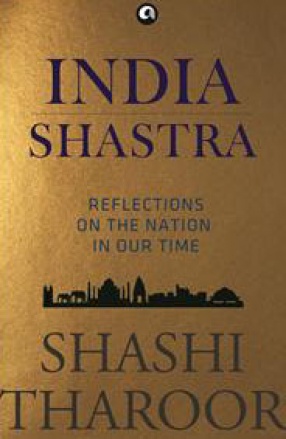
There are no reviews yet.